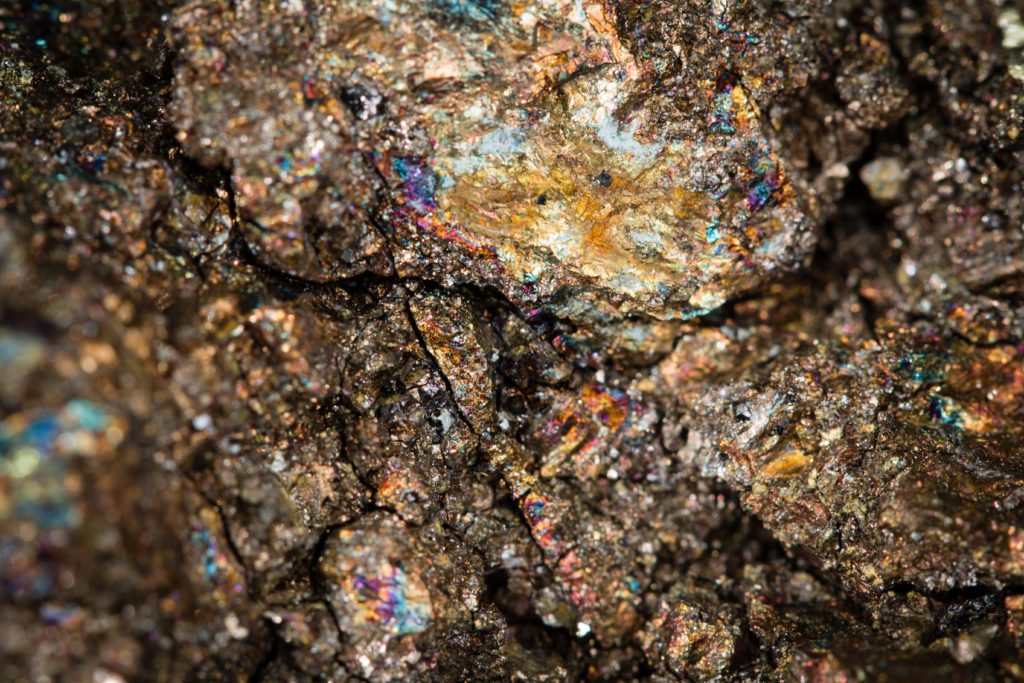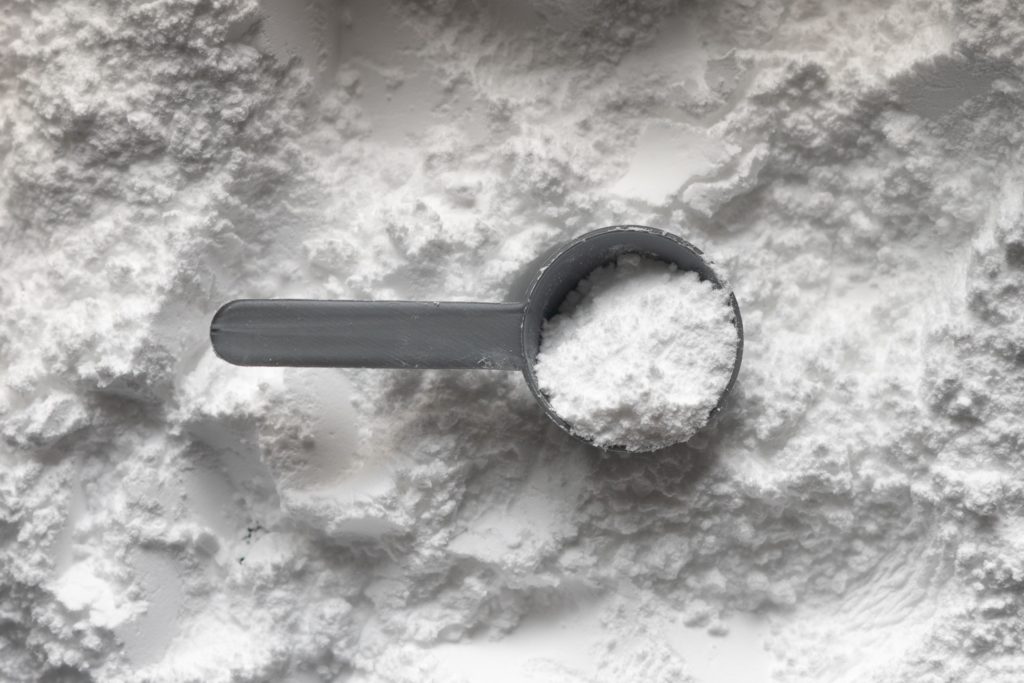
Zinc an important mineral in human diets
Zinc is a trace element that belongs to one of the critical subgroups of micronutrients that have become highly important in human nutrition and health. Zinc (Zn) deficiency is a significant problem in human food worldwide. It has been estimated to affect up to one-third of the world’s population. Inadequate dietary intake of bioavailable forms of Zn is considered the most frequent cause of Zn deficiency.
Why Zinc is important for us
Zinc is required for the production and breakdown of carbohydrates, lipids, proteins, nucleic acids, and the metabolism of other micronutrients. It is found in over 300 enzymes.Zinc deficiency is an issue in areas where people eat mostly cereals and soils are low in phytoavailable zinc, such as India. Cereal grains account for roughly half of all calories consumed in poor countries. In rural areas, the figure might be as high as 70%. Although cereals are a substantial source of total dietary zinc in these areas, they are not ideal as nutritional zinc sources because they contain significant phytate levels, which complexes zinc and makes it difficult to absorb in the human intestine.
Deficiency of Zinc
Growth retardation, delayed sexual and bone maturation, skin lesions, diarrhoea, hair loss, reduced appetite, increased vulnerability to infections mediated by immune system abnormalities, and the emergence of behavioural disorders are all clinical signs of severe zinc deficiency in humans.
Symptoms of Zinc
Slowing or halting growth and development, delayed sexual maturation, skin rashes, chronic and severe diarrhoea, immune system deficiencies, poor wound healing, decreased appetite, impaired taste sensation, night blindness, corneal swelling and clouding, and behavioural disorders are all symptoms of severe deficiency.
Pregnant women
Inadequate zinc consumption affects 82 per cent of pregnant women worldwide. Low birth weight, early delivery, and labour and delivery problems have been linked to zinc deficiency during pregnancy.
Key Role of Zinc
- Catalytic role: Nearly 300 distinct enzymes rely on zinc to speed up biological reactions (catalysis) in cells and organisms. All known classes of enzymes contain zinc-dependent enzymes.
- Zinc also maintains the structure of proteins and cell membranes.
- Zinc also plays a role in regulating cell signals. For example, it influences the release of hormones and the transmission of nerve impulses.
- Help in vision, taste, and smell.
- It keeps the connective tissue of the skin in good shape.
- Helps in wound healing.
- Needed for bone growth.
- It encourages healthy white blood cells and antibodies, both of which are critical components of the immune system.
- Carbohydrate, protein, and phosphorus metabolism are all regulated by it.
- It plays a role in the pancreas’ insulin synthesis.
Recommended Dietary Allowances For Healthy Adults
| Sex | Zinc (mg) |
| Male | 11 |
| Female | 8 |
Source: Food and Nutrition Board, Institute of Medicine, National Academies of Science.
Reason for Avoiding alcohol or Using Moderation
Alcohol inhibits the production of an antidiuretic hormone. As a result, it lowers the reabsorption of water by the kidneys, leading to frequently urinating and losing magnesium, calcium, and zinc while retaining more unpleasant uric acid.
Sources of Zinc
Zinc can be present in many different foods. The majority of dietary zinc comes from red meat and fowl. Beans, nuts, some shellfish, whole grains, fortified breakfast cereals, and dairy products are all excellent sources of zinc.
A diet high in animal protein absorbs zinc more efficiently than one high in plant protein. On the other hand, Phytates, abundant in whole grain bread, cereals, legumes, and other foods, are thought to inhibit zinc absorption.
| Bean | Black beans, chickpeas, kidney beans, navy beans, white beans |
| Beef | Beef is an excellent source of zinc. |
| Seeds | Pumpkin, sesame, squash etc |
| Whole grains | Whole wheat, oats, quinoa |
| Mushroom | Dried or Fresh |
| Dairy Products | Cheese, Fermented Milks Products etc. |

Zinc Supplements
Zinc gluconate, zinc oxide, zinc aspartate, zinc picolinate, zinc citrate, zinc monomethine, and zinc histidine are all available in dietary supplements.